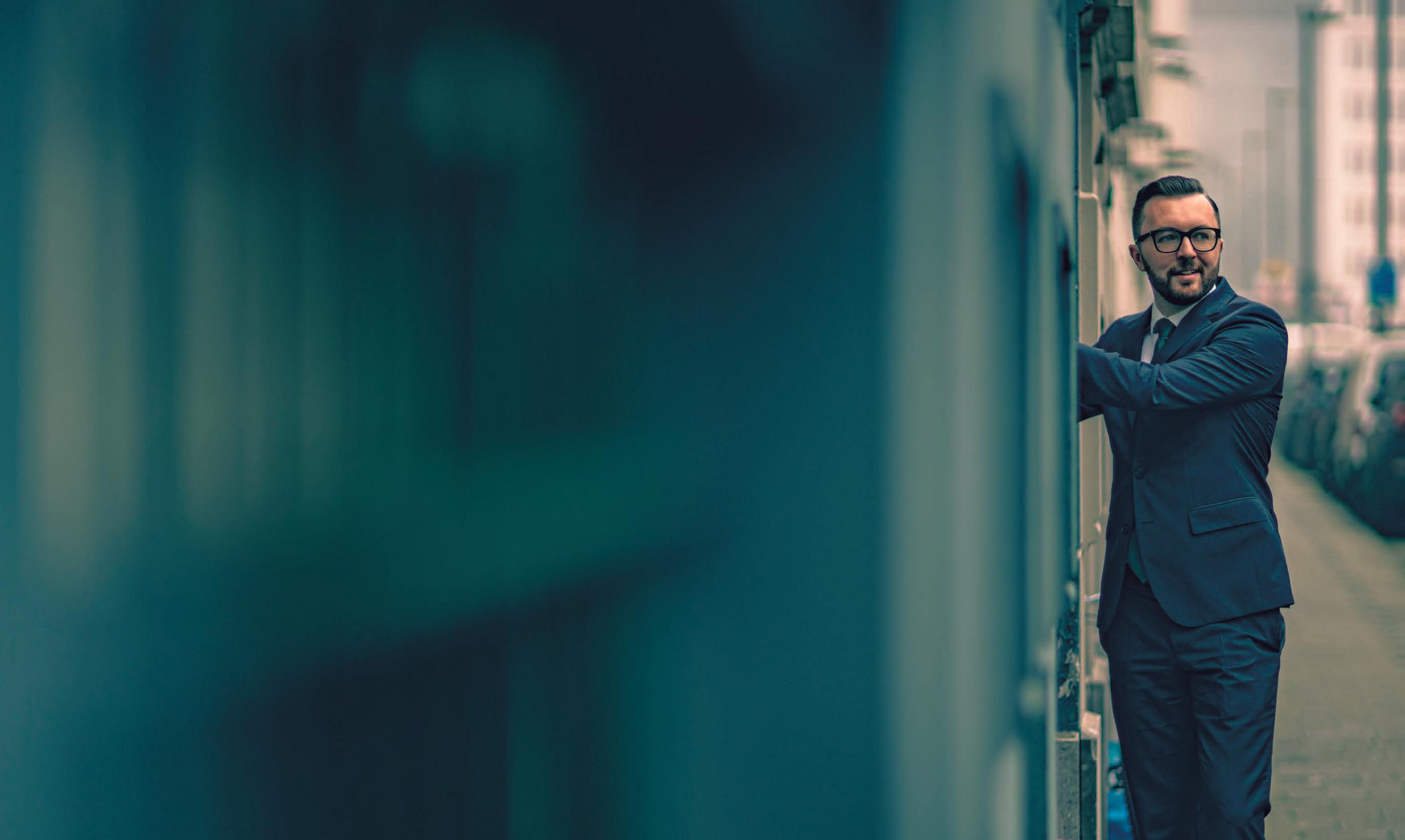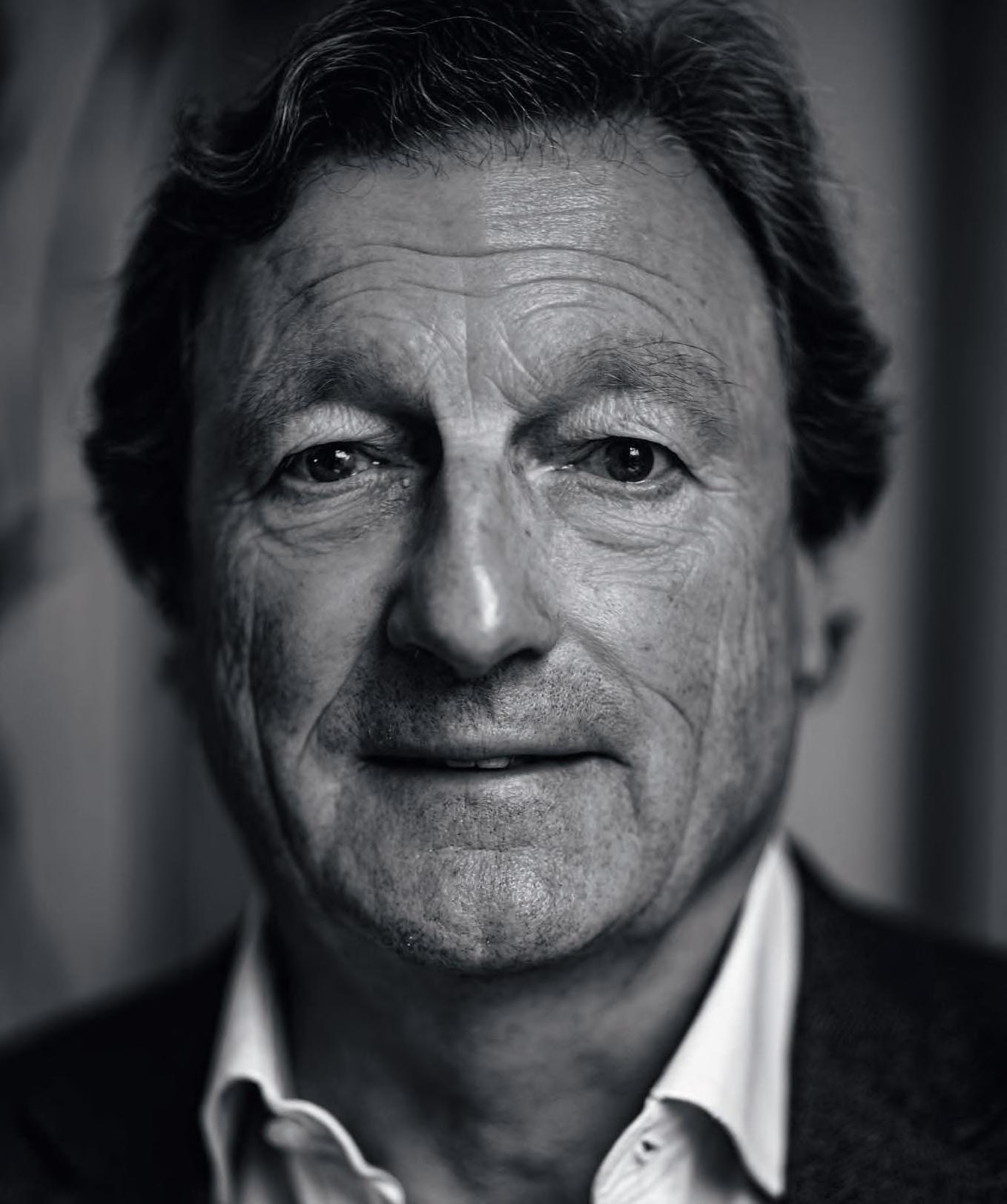
3 minute read
My SDG
The 17 SDGs cover a wide range of topics, from poverty and education to decent work and sustainable cities. Members of the Robeco Active Ownership team give a personal take on eight of them.

SDG 2 ZERO HUNGER
As many as 810 million people live in hunger today. This grim reality presents an enormous challenge: to end hunger by 2030, companies in the food and agriculture supply chain would need to design products to help smallholder farmers in developing countries produce enough food to feed their families and communities. Collaboration with NGOs and governments is key in delivering these solutions to those farmers who most need them. Peter van der Werf, engagement specialist
SDG 4 QUALITY EDUCATION Inclusive, high-quality education is the enabler for a more aware society. I am convinced that everyone aspires to be a lifelong learner, but the tools – such as qualified teachers and effective technology – need to be accessible for all. Such access is essential in fostering real progress on the challenges we otherwise risk passing down to future generations. Cedric Hille, active ownership analyst
SDG 9 INDUSTRY, INNOVATION AND INFRASTRUCTURE
SDG 9 is about going beyond compromise. In my opinion, that is also the overall theme of the SDG framework: to reach these 17 ambitious goals, we would need to think in new ways and act decisively. In particular, I would argue that, instead of pursuing a sustainable future at the expense of economic development, both can be achieved in tandem. Doing so will require investments in resilient infrastructure, innovative solutions and adaptive industries. Robert Dykstra, active ownership analyst
SDG 10 REDUCED INEQUALITIES
Inequality constitutes a major obstacle to economic and social development. My view is that power and wealth inequalities turn into unequal opportunities, preventing societies from unleashing their full potential in an inclusive manner. This can undermine both social justice and respect for human rights, challenging the current social compact. Laura Bosch, engagement analyst

SDG 12 RESPONSIBLE CONSUMPTION AND PRODUCTION
As head of Robeco’s Active Ownership team, I feel strongly about the responsibility I have through our corporate engagement programs. One of my main motivators is the desire to see humanity halting its ‘ecological overspending’ – our tendency since the 1970s to consume resources in excess of the earth’s capacity to regenerate those resources. The fact that this overspending is accelerating, combined with a growing world population – likely to reach 10 billion in 2050 – means it is essential that we move towards more responsible consumption and production. This is a huge challenge. Carola van Lamoen, head of Active Ownership
SDG 16 PEACE, JUSTICE AND STRONG INSTITUTIONS
‘Peace, Justice and Strong Institutions’ has the most personal significance for me, given its relevance to the markets I cover, namely the Asia-Pacific region. My view is that improving governance through ensuring the transparent and accountable behavior of our portfolio companies is the most legitimate and effective exercise of our influence as investors. Ronnie Lim, senior engagement specialist
SDG 17 PARTNERSHIPS FOR THE GOALS
Partnership is the key to success in reaching the Sustainable Development Goals. In my work as engagement specialist focusing on the energy sector, I am acutely aware of the importance of encouraging the formation of climate partnerships between company boards and investors. Climate partnerships are needed if climate change targets are to be met. Robeco’s many years of engagement with the energy sector have already delivered some notable results, and I look forward to being part of the process of deepening these partnerships. Sylvia van Waveren, engagement specialist
SDG 13 CLIMATE ACTION
Achieving net-zero carbon emissions by mid-century is the biggest challenge to our planet, and therefore to the global economy and to our contemporary lifestyle. In my role as engagement specialist in Robeco’s Active Ownership team, I see the enormous influence that the financial industry has in encouraging highemitting industries to transition towards low-carbon business models, and in helping to finance this transition. Active Ownership is an essential tool for investors to better understand their exposure to climate-related risks and promote swift corporate action. I am pleased to be playing a part in contributing to this Sustainable Development Goal. Cristina Cedillo, engagement specialist








